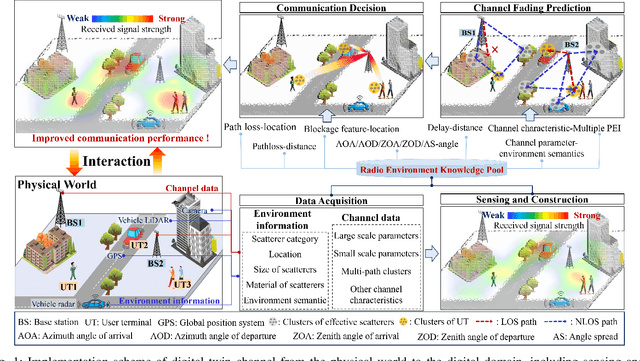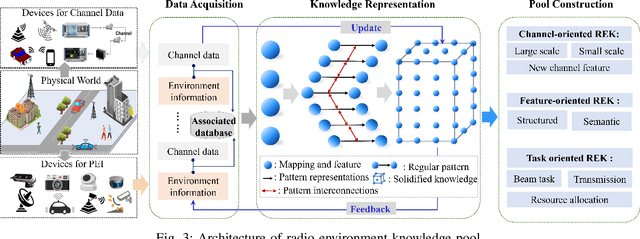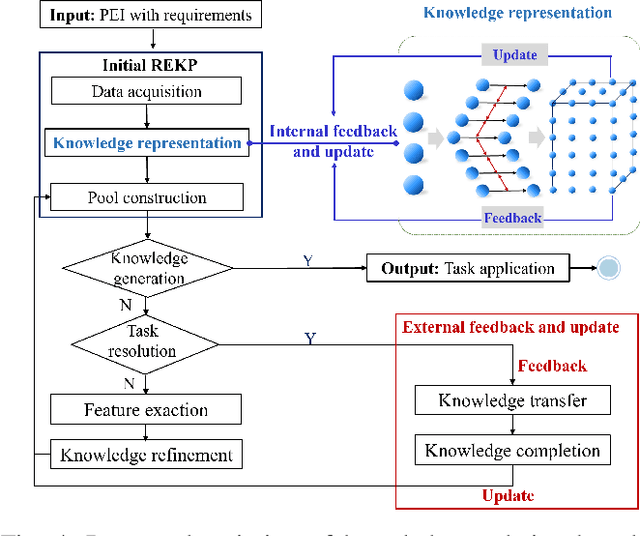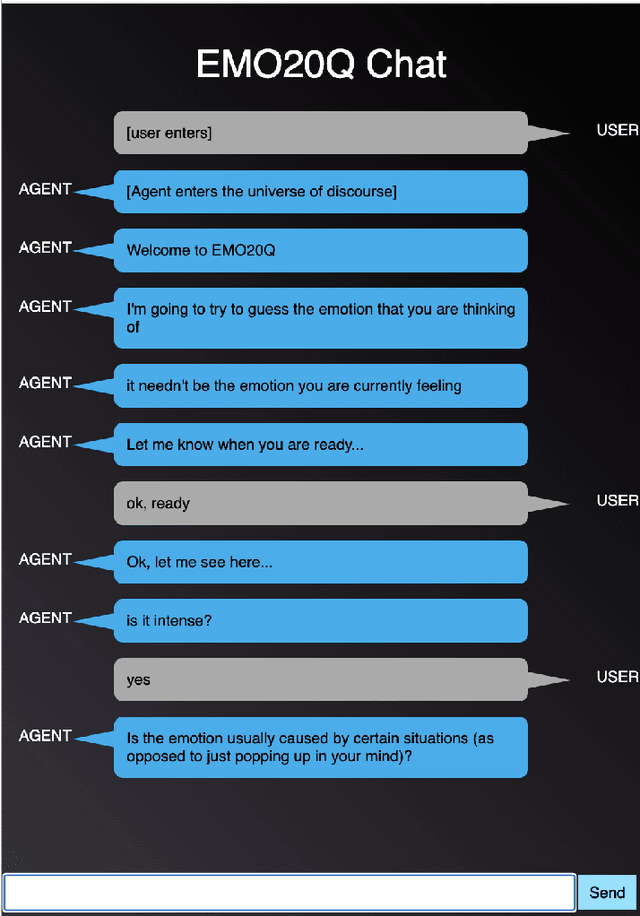Nie
Towards 6G Digital Twin Channel Using Radio Environment Knowledge Pool
Dec 16, 2023



Abstract:DTC is a technical system that reflects the raw channel fading states and variations in a digital form at the virtual space, to actively adapt to novel communication techniques of the wireless communication system (WCS) at the physical or link level. To realize DTC, in this article, the concept and construction method of the radio environment knowledge pool (REKP) is proposed, which possesses the advantages of being controllable, interpretable, renewable, and generalized. Concretely, it is a collection that represents the regular pattern representations and interconnections between propagation environment information (PEI) and channel data. It also has the ability to update knowledge based on environment changes, human cognition, and technological developments. Firstly, the current state of knowledge-based research in the communication field and that for acquiring channel knowledge and achieving DTC are summarized. Secondly, how to construct and update REKP to conduct key communication tasks is given. Then, the typical cases with extensive numerical results are presented to demonstrate the great potential of REKP in enabling DTC. Finally, how to utilize REKP to address key challenges in implementing DTC and 6G WCS are discussed, including interpretability and generalization of DTC, and enhancing performance and reducing costs in the 6G WCS.
Emotion Twenty Questions Dialog System for Lexical Emotional Intelligence
Oct 05, 2022
Abstract:This paper presents a web-based demonstration of Emotion Twenty Questions (EMO20Q), a dialog game whose purpose is to study how people describe emotions. EMO20Q can also be used to develop artificially intelligent dialog agents that can play the game. In previous work, an EMO20Q agent used a sequential Bayesian machine learning model and could play the question-asking role. Newer transformer-based neural machine learning models have made it possible to develop an agent for the question-answering role. This demo paper describes the recent developments in the question-answering role of the EMO20Q game, which requires the agent to respond to more open-ended inputs. Furthermore, we also describe the design of the system, including the web-based front-end, agent architecture and programming, and updates to earlier software used. The demo system will be available to collect pilot data during the ACII conference and this data will be used to inform future experiments and system design.
 Add to Chrome
Add to Chrome Add to Firefox
Add to Firefox Add to Edge
Add to Edge